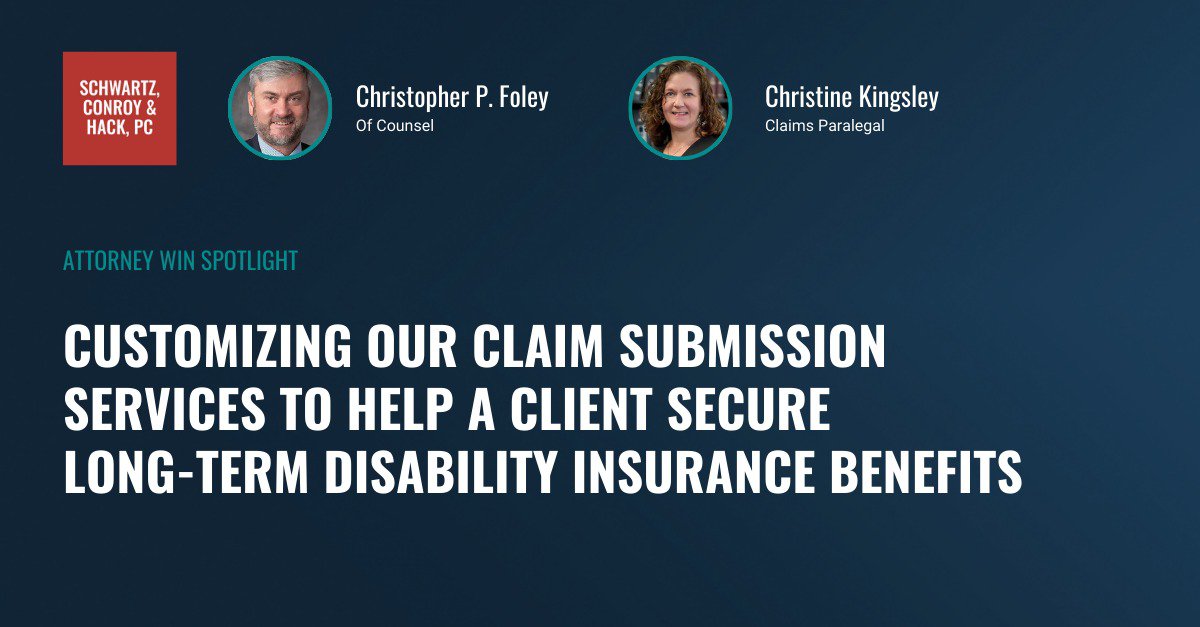Business owners who pay all their insurance policy premiums expect that the insurer will meet its obligations and provide coverage when a loss occurs. But unfortunately, insurers don’t always live up to their end of the bargain. Insurance companies routinely look for loopholes and excuses to deny or undervalue claims and delay or limit payouts to protect their bottom line. To protect themselves, policyholders must take a strategic approach to the claims process in order to maximize recovery in a business insurance claim.
Understand Your Policy
Carefully read your policy to understand what types of losses are covered, and what coverage limits, deductibles and exclusions apply. You may be surprised to discover that you have coverage for certain categories of expenses. For instance, many businesses purchase commercial property insurance with business interruption insurance bundled into the policy. In the event of a covered loss or damage to your property, you may be entitled to reimbursement for lost profits and reasonable expenses that you incur to continue operating your business during the period of interruption. Conversely, you may be unpleasantly surprised to learn that your insurance policy excludes something that you assumed would be covered. For instance, commercial general liability (CGL) policies typically have a professional services exclusion, which means they do not cover personal injury or property damage arising from the policyholder’s rendering of professional services.
Meet All Obligations
In addition to understanding your coverage, it is important to understand and meet all your obligations under the policy. Insurance companies have strict deadlines and other requirements, and failing to fulfill them can jeopardize your coverage. Insurers typically require that you notify them promptly after a loss to put them on notice that you will be submitting a claim. In some situations, insurers also require prompt notice of an occurrence that could lead to a loss; for instance, your CGL insurance company may require you to notify them if a visitor sustains an injury after slipping and falling on your company premises. Insurers also require that you cooperate with them and meet deadlines for submitting certain documentation. After a covered event, you may also be required to take steps to mitigate further damage, such as turning off the water or mopping up excess water following a burst pipe.
As you go through the claims process, be sure to document all interactions with the insurance company.
Gather Evidence and Submit a Thorough Claim
In the wake of a loss, preserve and gather as much evidence as possible to prove your loss. For instance, for a commercial property insurance claim, take photos or video of the damage and create an itemized list of damaged items and their value. Gather receipts and other evidence to support your claim wherever possible. In addition, save receipts and keep track of all expenses that you incur as a result of the loss. Depending on the situation, get estimates of how much it would cost to repair or replace damaged property, and consider hiring a public adjuster to help you prove the proper value of your losses.
Submit a timely, thorough claim, supported by as much evidence as possible.
If the Insurer Denies or Undervalues Your Claim
If the insurance company denies or limits your claim, it will tell you why in writing. For instance, the insurer may claim you failed to provide timely notice, that the loss was caused by a peril that is excluded under the policy, or that there was not enough evidence to show the damage resulted from the covered event. Insurers also commonly dispute the value of losses and provide a low-ball offer.
If you believe your insurer improperly denied or limited your claim, craft a careful response to challenge the insurer’s stated reason(s) for denial. Review your policy and provide a compelling, thorough argument of why you are entitled to coverage under the policy’s terms, including additional evidence to back up your claim. If the insurer is undervaluing your losses, push back on their low offer and present as much evidence as possible to support your claimed value, such as submitting estimates for repair costs from licensed contractors. When an insurance company is presented with new evidence, it has a good-faith obligation to reopen and reconsider a claim.
Hire an Attorney to Negotiate with the Insurer
If your claim has been denied or undervalued, consider hiring an experienced insurance attorney to negotiate with the insurance company on your behalf. Your attorney can force the insurer to negotiate by presenting compelling legal arguments and supporting evidence. When presented with strong arguments and evidence, insurers may be willing to reverse their position on the claim or make an acceptable settlement offer in order to avoid the cost of litigation and the potential negative result at the end of a trial.
If your business insurance company has denied or is challenging your claim, contact Schwartz, Conroy and Hack, PC for assistance. We have the expertise and tenacity to make insurance companies keep the promises they make to you and your business.

